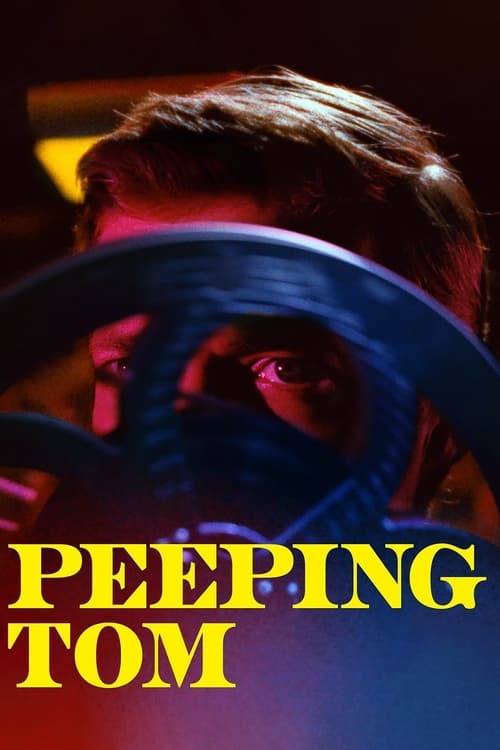
Title: Peeping Tom
Year: 1960
Director: Michael Powell
Writer: Leo Marks
Cast: Karlheinz Böhm (Mark Lewis), Anna Massey (Helen Stephens), Moira Shearer (Vivian), Maxine Audley (Mrs. Stephens), Brenda Bruce (Dora),
Runtime: 101 min.
Synopsis: Loner Mark Lewis works at a film studio during the day and, at night, takes racy photographs of women. Also he's making a documentary on fear, which involves recording the reactions of victims as he murders them. He befriends Helen, the daughter of the family living in the apartment below his, and he tells her vaguely about the movie he is making.
Rating: 7.439/10